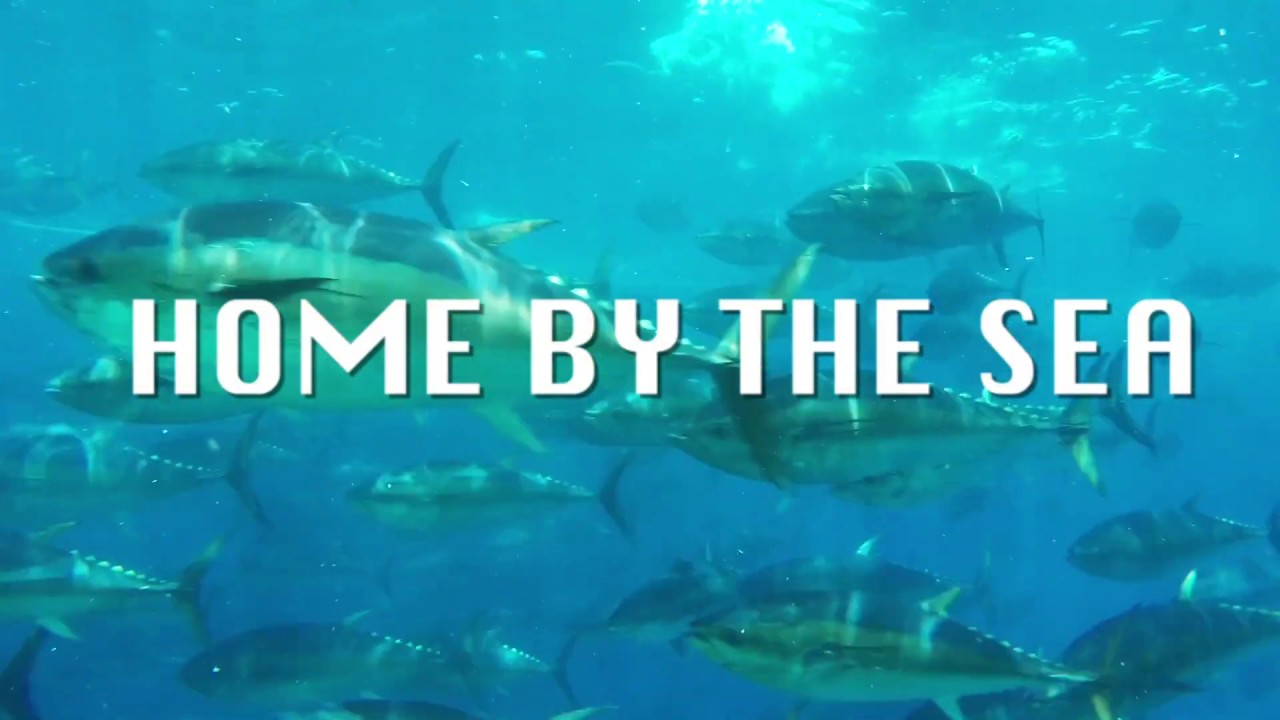
iFish.info - Information Portal about the European Fishing Industry

EU fishing sector demands realism and flexibility in face of the imminent arrival of the "perfect storm"
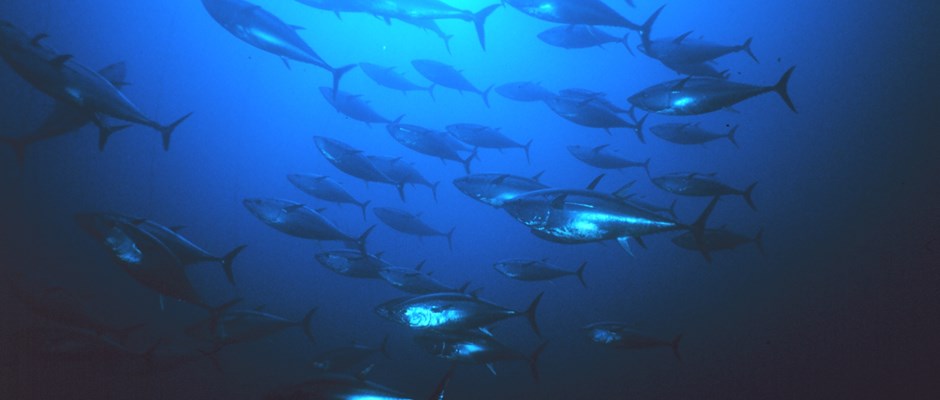
Europêche urges European Commission to remove zero tariff quotas on 22,000 tonnes of tuna loins from South-east Asian countries
Why do we need large scale vessels?
Sectoral Social Dialogue comments on driftnets
Europeche Strengthens its work
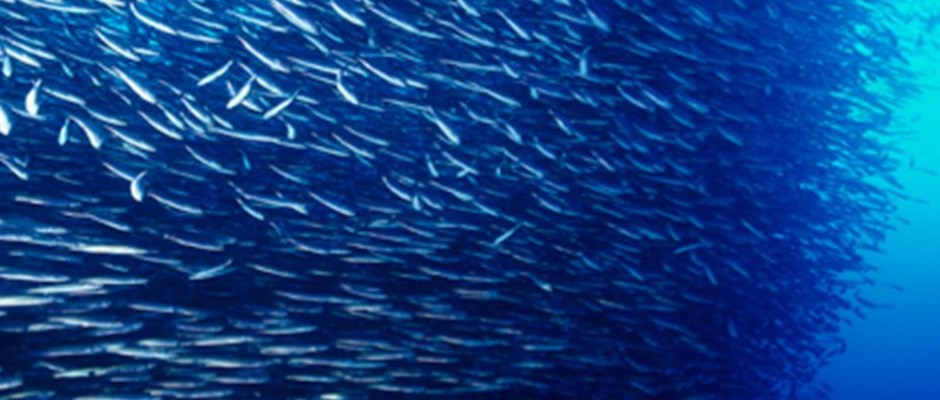
Significant progress in achieving sustainable fisheries in the EU
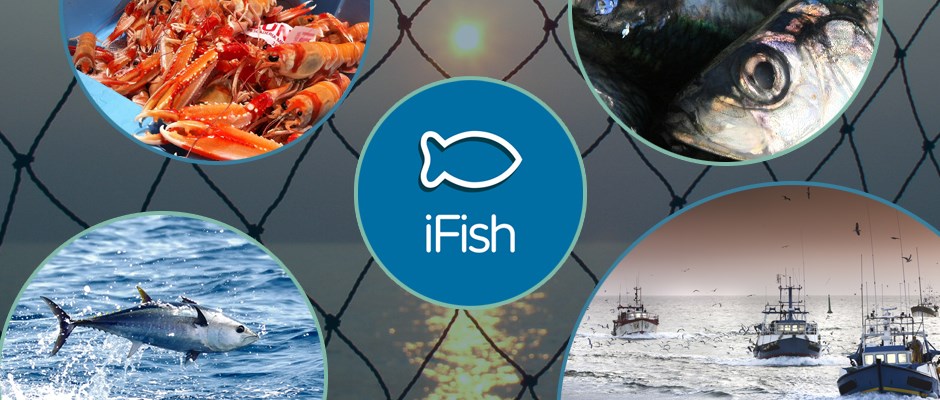
ifish.info Information portal for the European fishing industry
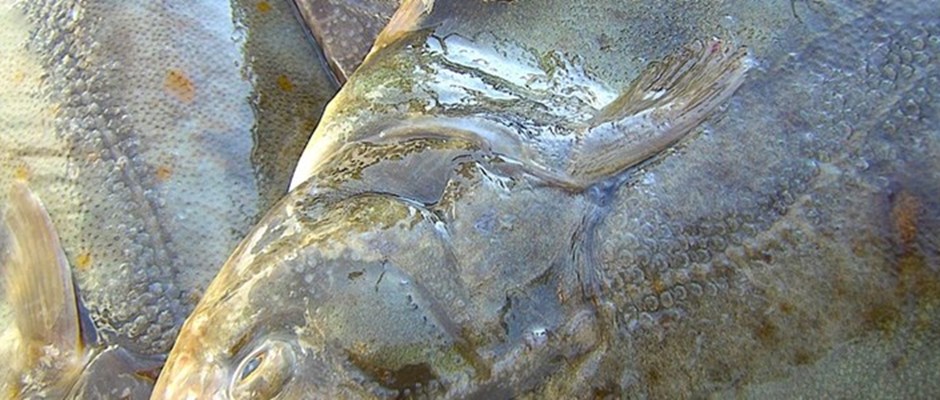
EU Parliament vote on multi-annual plan for demersal fish stocks in the North Sea poses concerns to industry
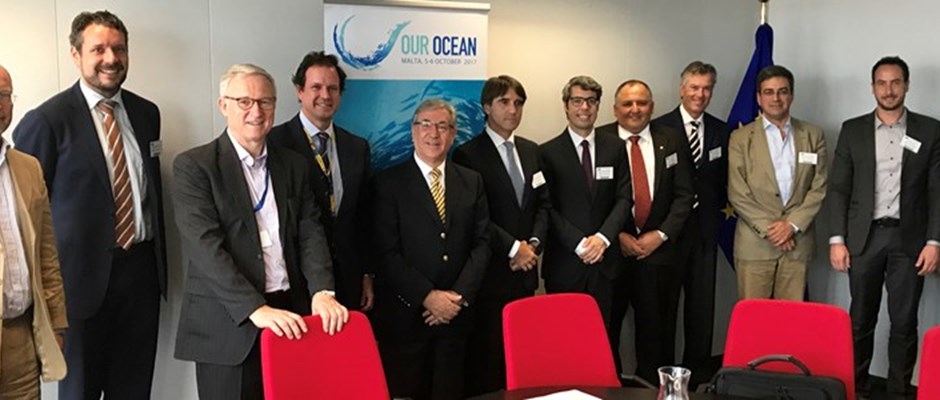
Commissioner Vella committed to supporting EU long distance fishing fleet
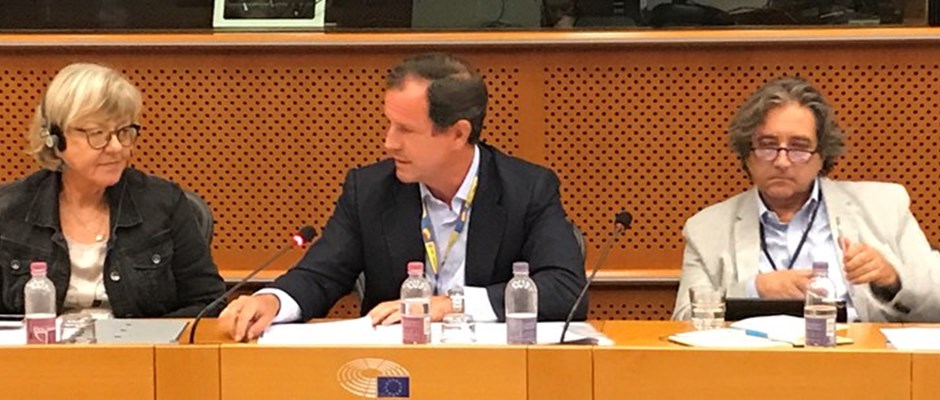
Lack of implementation of EU funds hampers efforts to achieve CFP objectives
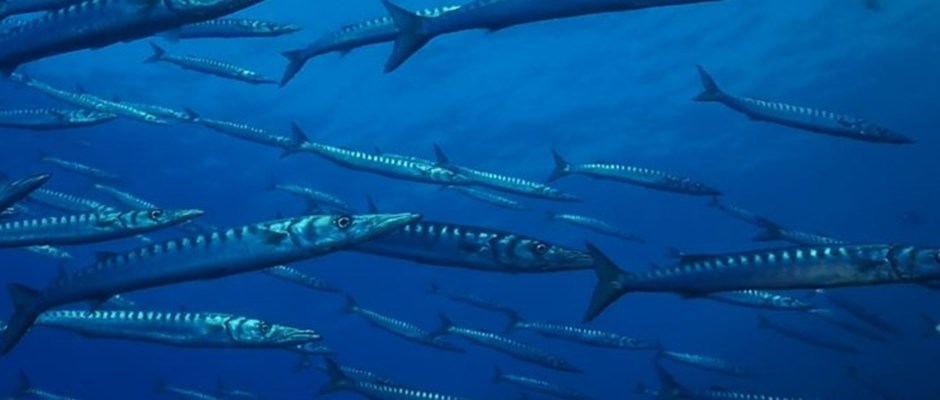
Success story for European fisheries and policies
Press Releases

New study calls for overhaul of plant-based seafood labelling rules
Europêche, the representative body for Europe’s fishing sector, welcomes the recent publication of the European Parliament study ‘Labelling of plant-based seafood substitutes – Scope and issues at stake’. The report highlights the rapid growth of plant-based seafood alternatives and the labelling challenges they pose for the EU fisheries sector. It reveals widespread use of misleading marketing strategies and recommends updates to EU labelling laws to ensure consumers receive accurate information. Notably, the report advises banning the use of commercial names for aquatic species on products that do not contain seafood, a step that would effectively prevent consumer deception.

New report reveals geopolitical agendas and transparency gaps in environmental advocacy groups
The MarInnLeg Foundation has released a new report entitled “Diagnosis of Blue Interest Groups”, presented at the European Parliament during the event “Financing of Civil Society Actors in Fisheries: Who Pays the Bill?”1, hosted by the EPP Group. The report compiles publicly available data on the so-called “Blue Interest Groups” that influence the development of EU fisheries policies. Its objective, to clarify whom these groups represent, the interests they promote and the financial resources they manage. The report highlights concerns regarding the transparency of funding sources and the potential influence of broader geopolitical interests in some conservation-focused organisations.

Europêche supports UNOC3 Declaration to boost multilateral ocean and fisheries governance
Nice, France – Europêche, the leading representative body for the European fishing sector, warmly welcomes the adoption of the UNOC3 Political Declaration , as a significant step forward in strengthening multilateral ocean governance, advancing science-based management, enhancing marine spatial planning, and intensifying the global fight against Illegal, Unreported, and Unregulated (IUU) fishing.
News
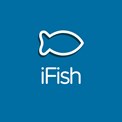
iFish, We Fish
The commercial fisheries of the EU stretch for thousands of square miles, from the inhospitable seas of the Arctic North, to the warmer and more favourable climes of the Southern Mediterranean. These communal waters harbour a plethora of commercial species of fish and shellfish, the landings of which form an integral part of the economies of 23 member countries, accounting for a colossal 4.9 million tonne catch, from a fleet of 87,500 vessels, a statistic that indicates a world ranking of 5th largest in terms of total output.
European Projects
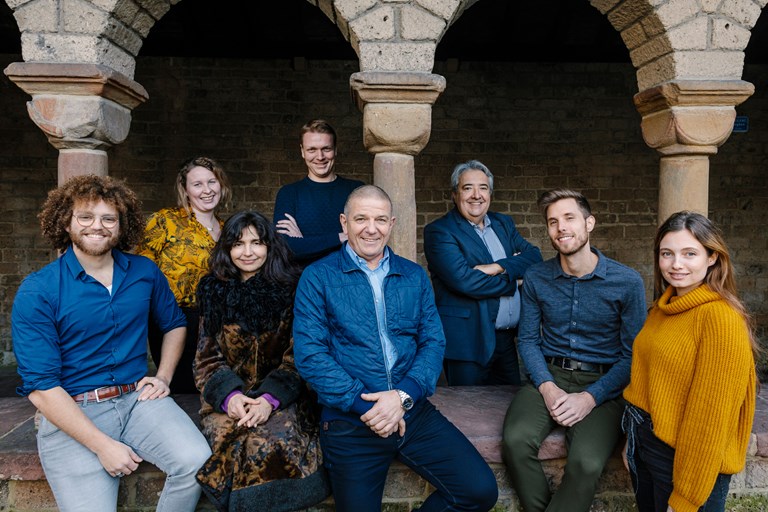
The Catching the Potential Project was officially kicked off on the 28th of May with the project consortium from seven EU Member States. In the course of the next three years, we will work together on the project's goal to develop an European, perhaps international, standard in the field of sustainability training for fishers.
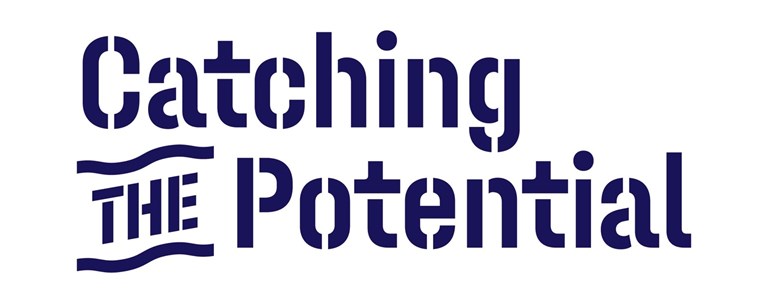
Catching the potential’s ultimate goal is to develop a European standard for sustainable fisheries training. Learn more about the steps of the project.
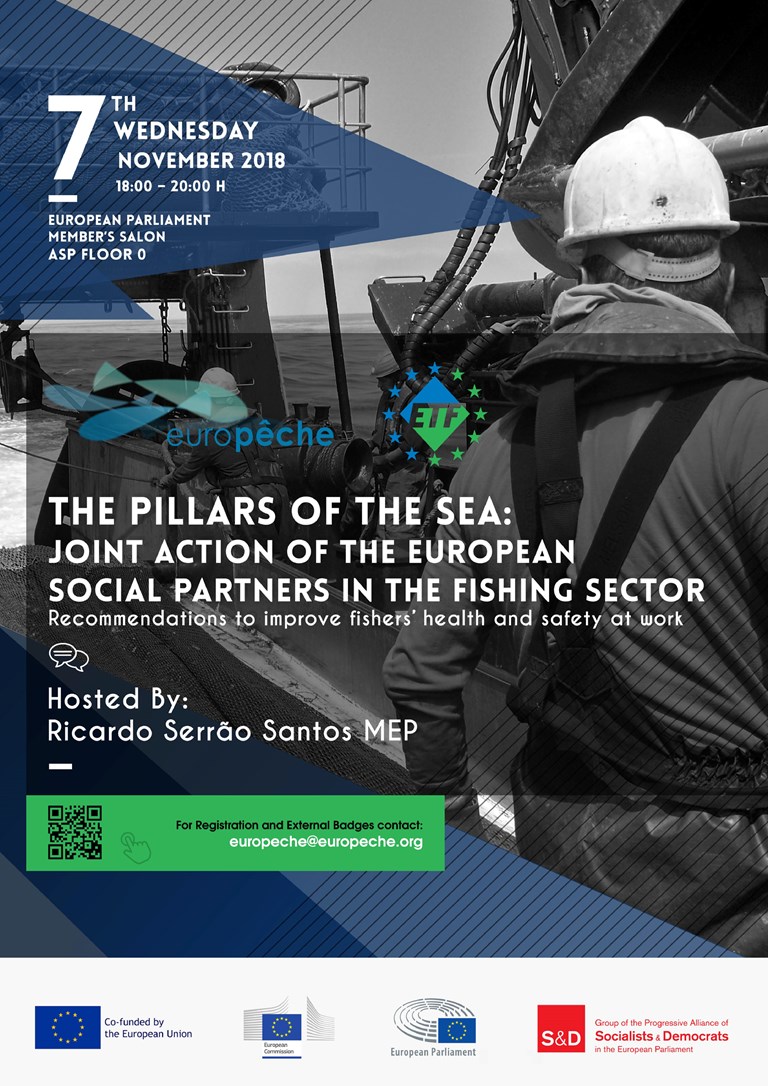
The project as a whole, consists in partially implementing the work programme of the Sectoral Social Dialogue Committee for Sea Fishing in order to significantly make progress in various key areas of interest for Social Partners. The main issues covered by the project are mainly dealing with how to improve health, working conditions and safety at sea of our fishermen.
Home by the Sea -Can fisheries and wind farms co-exist?
Sustainable fishing activities require space as does the development and operation of offshore wind farms. In order to safeguard the future of our seas and oceans, the EU adopted back in 2014 a Directive for maritime and coastal spatial planning urging Member States to ensure that human activities at sea take place in an efficient, safe and sustainable way and reduce users’ conflicts. At the same time, to tackle climate change, EU governments are determined to answer to the EU’s Paris Agreement nationally determined contribution to reduce greenhouse gas emissions by at least 40% by 2030 compared to 1990. For this purpose, some countries are pushing to increase offshore wind power 40-fold by 2030 in Europe.Needless to say, the European wind industry has an ambitious plan, hereby claiming a vast amount of space. Therefore, the question 'Can fisheries and wind farms co-exist?’ is a relevant but complex question which will become more pressing in the near future.
Home by the Sea by Hiske Ridder. www.conpuls.nl
On behalf of and many thanks to: Job Schot, Dirk Kraak and Cor Vonk, www.vissersvoorvrijezee.nl. Julien Theore, Silvain Gallaisl and Olivier Becquet, https://pecheursartisans.com. Bertrand Wendling, https://sathoan.fr. Pim Visser, VisNed.nl. Rosalie Tukker, http://europeche.chil.me.






